Publications
Articles, publications, books, tools and multimedia features from the U.S. Institute of Peace provide the latest news, analysis, research findings, practitioner guides and reports, all related to the conflict zones and issues that are at the center of the Institute’s work to prevent and reduce violent conflict.
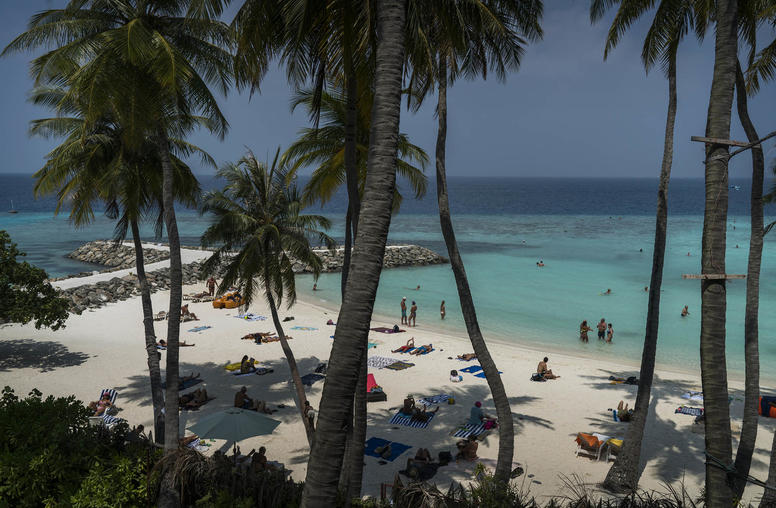
As Tensions with India Grow, Maldives Looks to China
On January 4th, social media posts from Indian Prime Minister Narendra Modi praising the beauty of India’s beaches in Lakshadweep sparked a diplomatic row with the Indian Ocean island nation, Maldives. As a country that leans heavily on tourism at its own beaches, three Maldivian junior ministers were quick to criticize the Indian prime minister, which led to calls from Indian social media users to boycott Maldives as a tourist destination.
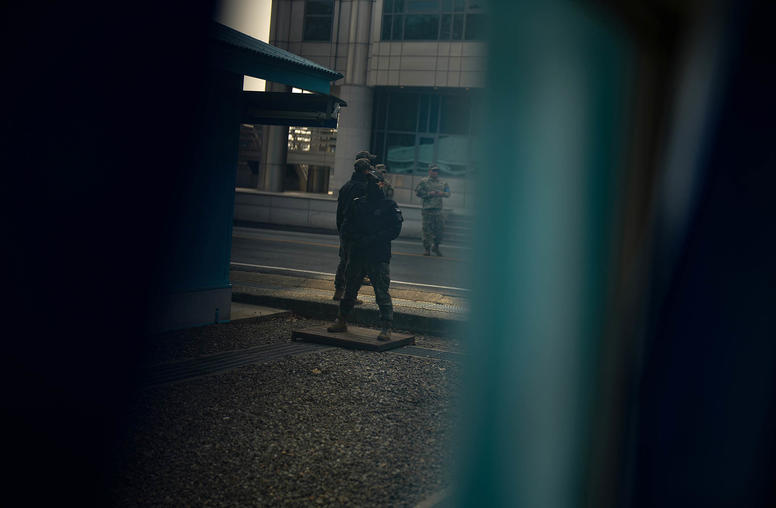
North Korea Has Lost the ‘Unification Competition’
North Korean leader Kim Jong Un in January declared peaceful unification with South Korea is no longer possible. In a speech to the Supreme People’s Assembly, North Korea’s parliament, Kim said North Korea’s constitution should be amended to show that South Korea is a “primary foe and invariable principal enemy.”
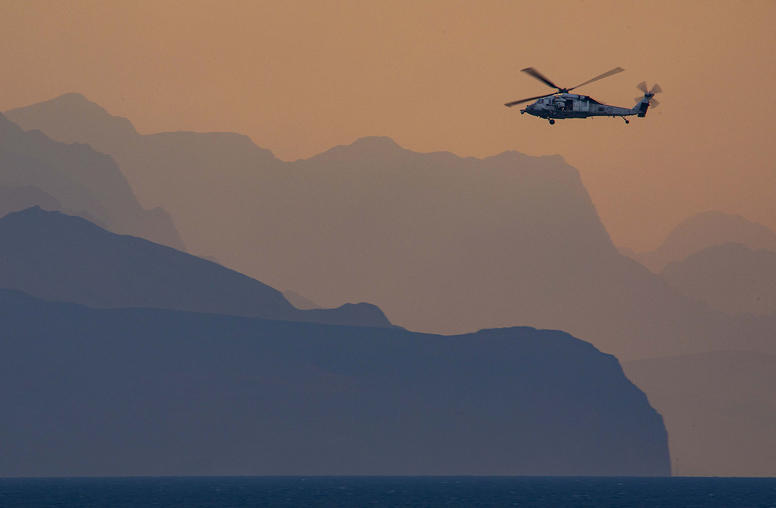
The United States Weighs Its Options in the Face of Iran’s Provocations
Three U.S. troops were killed and at least 34 injured in a drone strike on a U.S. base in northeast Jordan on January 28. The attack comes against a backdrop of rising regional tensions since the outbreak of conflict in Gaza following the October 7 Hamas terrorist attack on Israel.

Lauren Baillie on the ICC’s Latest Warrants for Russian War Crimes
For the first time, the International Criminal Court has charged high-level Russian commanders with crimes against humanity — showing that Russia’s assault on civilians and civilian infrastructure in Ukraine is “not sporadic, it’s systematic, it’s purposeful, it’s part of a policy,” says USIP’s Lauren Baillie.
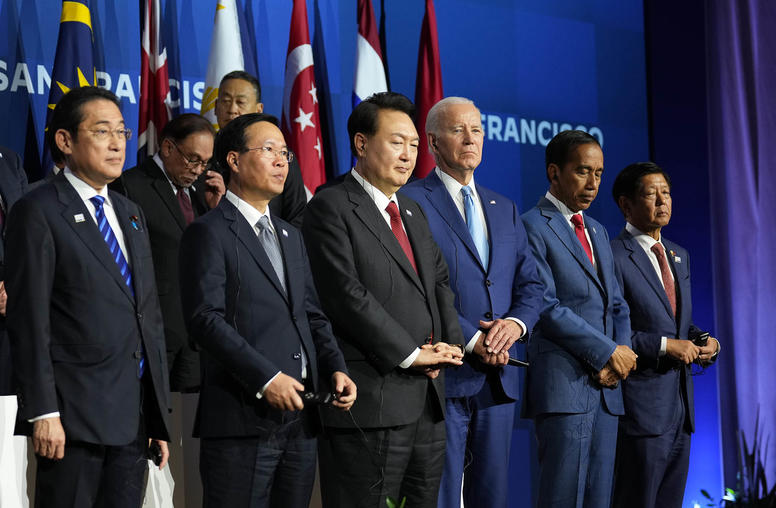
Two Years Later, What Has the Indo-Pacific Strategy Achieved?
This month marks the second anniversary of the Biden administration’s Indo-Pacific Strategy (IPS). USIP experts Carla Freeman, Mirna Galic, Daniel Markey, and Vikram Singh assess what the strategy has accomplished in the past two years, how it has navigated global shocks and its impact on partnerships in the region.
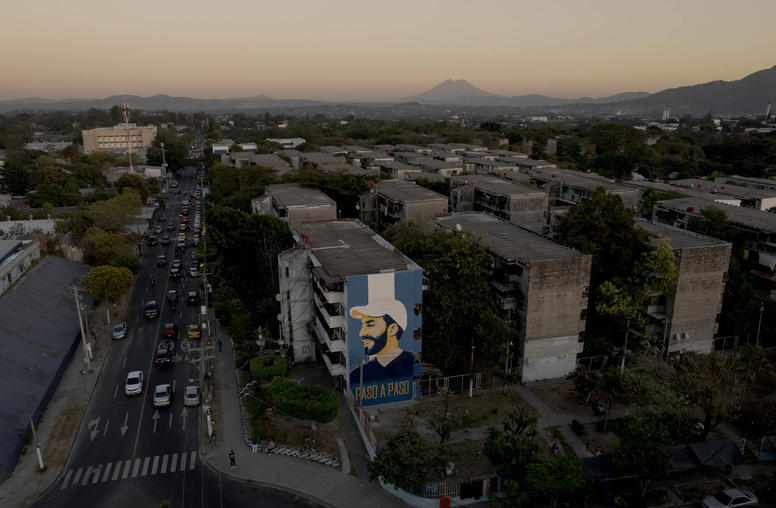
El Salvador’s Bukele: From ‘World’s Coolest Dictator’ to ‘Philosopher King’
El Salvador’s president, Nayib Bukele, celebrated a landslide electoral victory on Feb. 4, far outstripping his nearest competitor. “The opposition was pulverized,” Bukele told jubilant crowds outside the National Palace on election night. In reply to critics who warn that El Salvador is moving toward authoritarianism, he proclaimed, “we are not substituting democracy because El Salvador has never had democracy.” The leader who once called himself the “world’s coolest dictator” now boasts of being his country’s “philosopher king.”
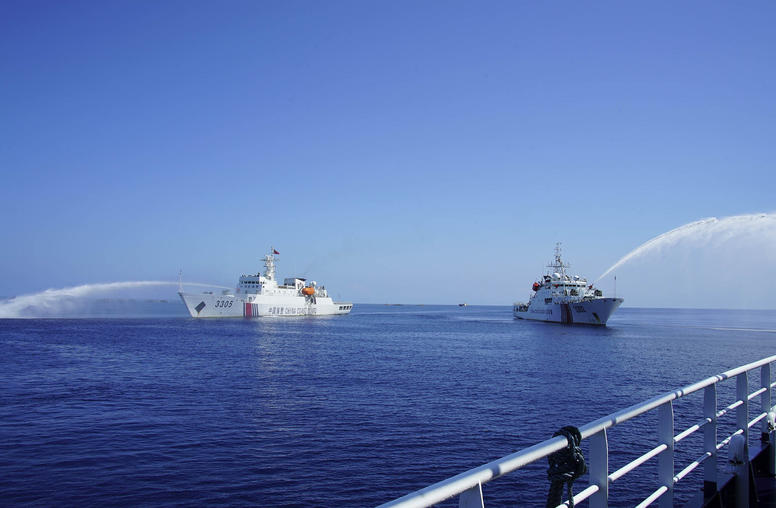
Are China and the Philippines on a Collision Course?
Tensions between China and the Philippines have sharply escalated in recent months over territorial disputes in the South China Sea that could draw in the United States.
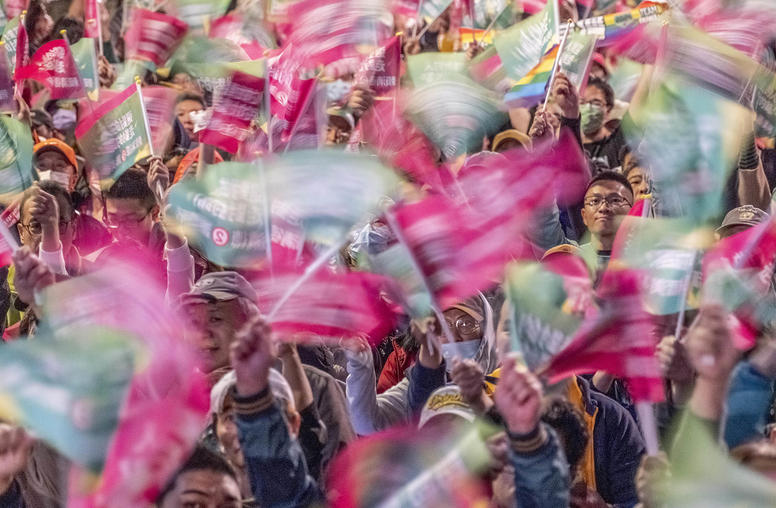
Are Taiwan and China on a Collision Course?
In a rebuff to China, Taiwanese voters on January 13 elected pro-sovereignty candidate Lai Ching-te as the island nation’s next president. Lai’s victory secures a historic third term for the ruling Democratic Progressive Party.

A Slippery Slope? U.S., U.K. Launch Strikes on Iran-Backed Houthis in Yemen
On January 12, the United States and the United Kingdom, supported by Australia, Bahrain, Canada and the Netherlands, launched military strikes against Houthi targets in Yemen in response to the group’s attacks on civilian and military ships in the Red Sea. The U.S.-led strikes are a significant escalation and part of the growing regional impact of the Israel-Hamas war, which the United States has been actively trying to prevent from turning into a regional war.
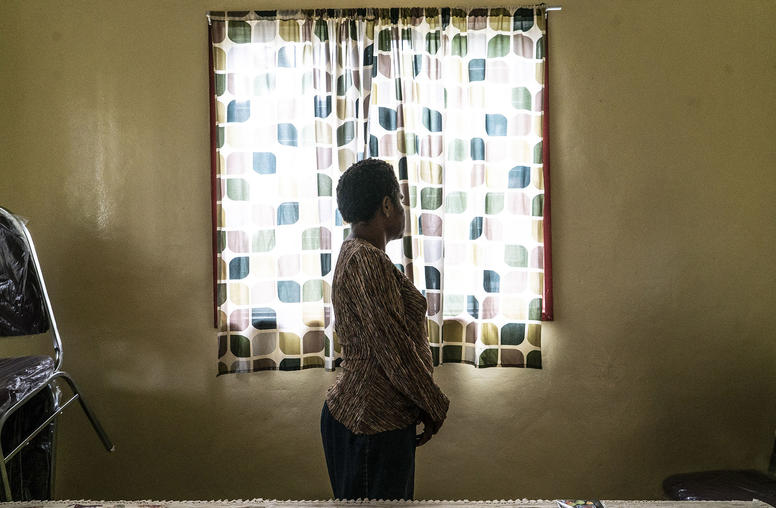
Addressing Gendered Violence in Papua New Guinea: Opportunities and Options
Each year, more than 1.5 million women and girls in Papua New Guinea experience gender-based violence tied to intercommunal conflict, political intimidation, domestic abuse, and other causes. It is, according to a 2023 Human Rights Watch report, “one of the most dangerous places to be a woman or girl.” Bleak as this may seem, it is not hopeless. USIP’s new report identifies several promising approaches for peacebuilding programming to reduce gender-based violence and effect meaningful and lasting change in Papua New Guinea.